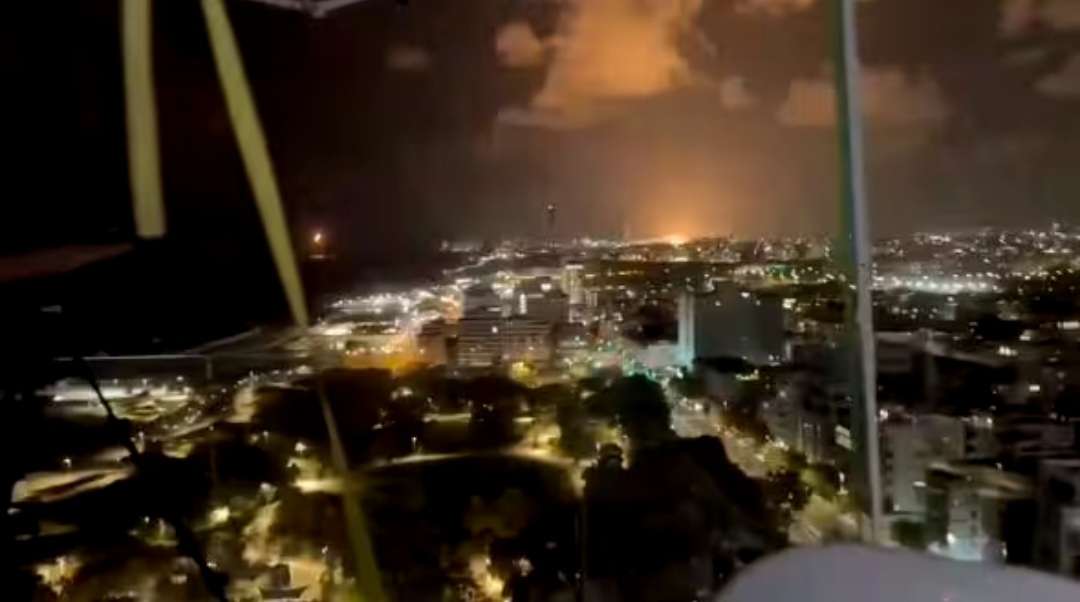TML Editorial: Legal Implications Of Israel-Iran Conflict: International Law And The Risk Of Escalation

As tensions between Israel and Iran continue to rise, the legal dimensions of their ongoing conflict have drawn the focus of international law experts. The hostilities, marked by military strikes, retaliations, and escalations, bring to the fore critical questions about the applicability of international humanitarian law (IHL), the principles governing the use of force, and potential violations of United Nations Security Council resolutions.
Use of Force and Self-Defence
At the heart of the legal discourse is the right to self-defence as enshrined in Article 51 of the United Nations Charter. Israel has consistently justified its military actions as legitimate responses to Iranian-backed threats, particularly missile strikes launched by Hezbollah, a proxy militia supported by Iran. Israel argues that these preemptive actions are vital to safeguard its citizens from imminent threats.
On the other hand, Iran contests Israel’s self-defence claims, labelling its strikes as unlawful acts of aggression and violations of Iran’s sovereignty. Iran asserts that its support for Hezbollah and other regional groups forms part of a lawful resistance movement against Israeli occupation of Palestinian territories, framing it within the context of international law.
This debate divides legal scholars. The principle of anticipatory self-defence, which permits a state to strike preemptively if faced with an imminent threat, remains a contentious issue in international law. While Israel may invoke this doctrine, critics argue that many of its strikes fall short of the immediacy required to justify such actions, potentially categorising them as acts of aggression contrary to the UN Charter.
Targeting Civilians and Proportionality
Another pressing legal question pertains to the principles of proportionality and distinction, which are central to international humanitarian law. These principles demand that combatants distinguish between military objectives and civilians and ensure that any military force used is proportionate to the threat.
Recent reports of civilian casualties in both Israel and Iran, as well as the destruction of civilian infrastructure, have sparked accusations of war crimes. These allegations raise the prospect of potential investigations by the International Criminal Court (ICC) if there is evidence that either party deliberately targeted civilians or employed disproportionate force.
For instance, Israel has faced criticisms for alleged disproportionate strikes on Iranian military targets in Syria, which have reportedly caused civilian casualties. Likewise, Iran’s backing of Hezbollah’s missile attacks on Israeli cities has drawn condemnation for indiscriminately targeting civilian populations.
United Nations Resolutions and Diplomacy
The United Nations Security Council (UNSC) has called for restraint from both sides, referencing several resolutions designed to limit the flow of arms to non-state actors such as Hezbollah and address Iran’s nuclear activities. UNSC Resolution 1701, passed after the 2006 Israel-Hezbollah conflict, prohibits arms transfers to Hezbollah—a provision Iran is accused of violating by providing weapons and financial aid to the group.
Iran, however, counters these allegations by pointing to Israel’s continued occupation of Palestinian territories, including the West Bank and East Jerusalem, as violations of international law, specifically citing UNSC Resolutions 242 and 338. These resolutions call for Israel’s withdrawal from the territories it occupied during the 1967 Six-Day War. In this context, Iran justifies its support for resistance against Israel as a lawful response to Israel’s defiance of international resolutions.
The UNSC’s inability to broker a ceasefire or enforce these resolutions risks undermining the international legal framework, setting dangerous precedents for future state behavior in conflict zones.
Potential Legal Recourse
With the legal landscape becoming increasingly complex, institutions like the International Court of Justice (ICJ) or the International Criminal Court (ICC) could potentially adjudicate the disputes arising from this conflict. However, real-world geopolitics often complicates such processes. Neither Israel nor Iran is a signatory to the Rome Statute that governs the ICC, limiting the court’s jurisdiction. Nonetheless, both countries may still face international pressure to comply with humanitarian standards and pursue diplomatic efforts to mitigate the crisis.
Moreover, individuals responsible for potential war crimes or crimes against humanity could be prosecuted through national courts under the principle of universal jurisdiction. This legal doctrine allows states to prosecute serious international crimes regardless of where they occur.
Conclusion
The ongoing Israel-Iran conflict presents a complex matrix of legal challenges, touching on issues of sovereignty, the right to self-defense, proportionality, and compliance with international humanitarian law. As hostilities intensify, both nations are under increasing scrutiny from the international legal community. The potential for further escalation brings with it a significant risk not just for regional stability, but also for the broader global legal order.
Legal experts warn that without adherence to international norms and proactive diplomatic engagement, the conflict could spiral into widespread violations of international law. The implications of such a trajectory could leave lasting consequences for peace, security, and the rule of law in the Middle East and beyond.
The Metro Lawyer Editorial Team

